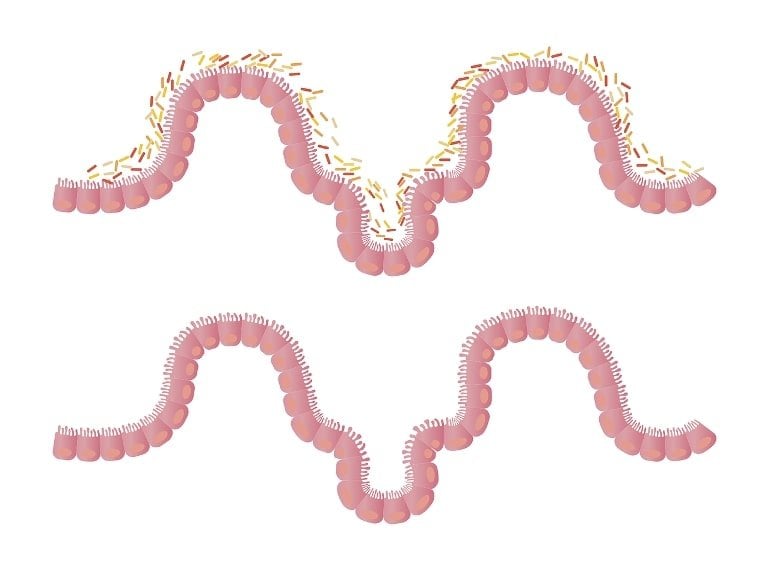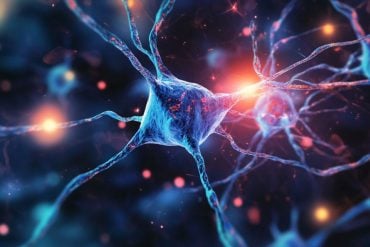Summary: The Candida albicans species of gut bacteria are abundant in children with ADHD. Candida albicans increase the permeability of cells lining the intestines. This may create a “leaky gut” that allows bacteria to flow into the bloodstream and ultimately results in inflammation throughout the body and brain.
Source: Wiley
New research published in the Journal of Child Psychology and Psychiatry suggests that the microbial composition of the gut may affect a child’s susceptibility to attention-deficit/hyperactivity disorder (ADHD).
The human gastrointestinal tract hosts a large population of microorganisms such as bacteria, viruses, and fungi.
When investigators compared fecal samples from 35 children with ADHD and 35 healthy controls, samples from children with ADHD had higher levels of certain species of fungi and lower levels of other species.

In experiments with cells grown in the lab, one species in abundance in samples from children with ADHD—called Candida albicans—increased the permeability of cells that line the intestine.
This could create a “leaky gut” that allows bacteria into the bloodstream, possibly resulting in inflammation throughout the body and brain.
“The human body is home to a complex and diverse microbial ecosystem, and findings from this study suggest that dysbiosis of the fungal mycobiome in ADHD can influence patient health,” the authors wrote.
About this ADHD research news
Author: Sara Henning-Stout
Source: Wiley
Contact: Sara Henning-Stout – Wiley
Image: The image is in the public domain
Original Research: Open access.
“Gut mycobiome dysbiosis and its impact on intestinal permeability in attention-deficit/hyperactivity disorder” by Liang-Jen Wang et al. Journal of Child Psychology and Psychiatry
Abstract
Gut mycobiome dysbiosis and its impact on intestinal permeability in attention-deficit/hyperactivity disorder
Background
Dysbiosis in the gut microbial community might be involved in the pathophysiology of attention-deficit/hyperactivity disorder (ADHD). The fungal component of the gut microbiome, namely the mycobiota, is a hyperdiverse group of multicellular eukaryotes that can influence host intestinal permeability. This study therefore aimed to investigate the impact of fungal mycobiome dysbiosis and intestinal permeability on ADHD.
Methods
Faecal samples were collected from 35 children with ADHD and from 35 healthy controls. Total DNA was extracted from the faecal samples and the internal transcribed spacer regions were sequenced using high-throughput next-generation sequencing (NGS). The fungal taxonomic classification was analysed using bioinformatics tools and the differentially expressed fungal species between the ADHD and healthy control groups were identified. An in vitro permeability assay (Caco-2 cell layer) was used to evaluate the biological effects of fungal dysbiosis on intestinal epithelial barrier function.
Results
The β-diversity (the species diversity between two communities), but not α-diversity (the species diversity within a community), reflected the differences in fungal community composition between ADHD and control groups. At the phylum level, the ADHD group displayed a significantly higher abundance of Ascomycota and a significantly lower abundance of Basidiomycota than the healthy control group. At the genus level, the abundance of Candida (especially Candida albicans) was significantly increased in ADHD patients compared to the healthy controls. In addition, the in vitro cell assay revealed that C. albicans secretions significantly enhanced the permeability of Caco-2 cells.
Conclusions
The current study is the first to explore altered gut mycobiome dysbiosis using the NGS platform in ADHD. The findings from this study indicated that dysbiosis of the fungal mycobiome and intestinal permeability might be associated with susceptibility to ADHD.







